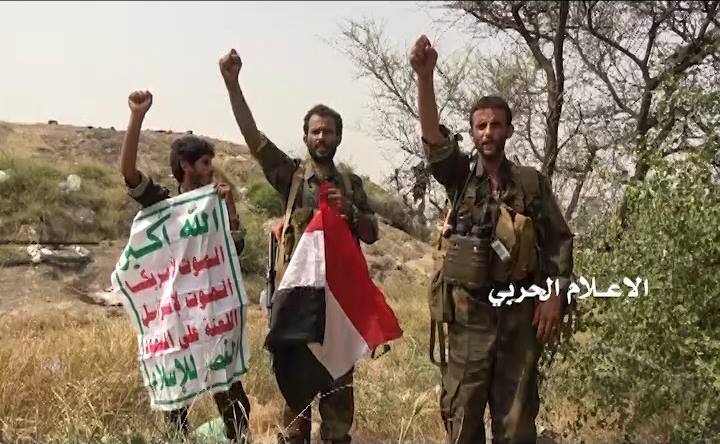Yemen’s Truce Proposal: What’s behind it?
YemenExtra
Y.A
A week after massive strikes of Yemeni forces on the Saudi oil facilities and causing a huge shock to the Arab monarchy’s economy in retaliation to the daily airstrikes carried out by the Saudi-led Arab coalition, Mahdi al-Mashat, the president of Yemen’s Supreme Political Council, announced a plan for comprehensive and immediate truce with Saudi Arabia and the UAE and an intention to start serious talks that would result in national reconciliation. He also proposed that Ansarullah movement and the army will halt their missile and drone attacks on Saudi Arabia in return for a cessation of “all kinds” of the Saudi aggression against the Yemeni people.
Naturally, such a proposal after the large-scale attack which was dubbed “second deterrence” and infuriated the Saudi rulers was largely out of expectation. As ever, Saudi Arabia immediately rejected the offer and threatened that it will take retaliatory actions. Apparently, the Yemeni movement was already aware that Riyadh leaders would negatively respond to its suggestion. To put it in other words, the Yemeni player’s suggestion was not driven by optimism to see an end to the war. The revolutionary force’s call seems to carry messages to the home and abroad—messages of significance with regard to the current conditions and developments.
Foiling the enemy’s propaganda war
One main drive for the new peace proposal by Ansarullah is the movement’s intention to foil Saudi Arabia and the allies’ propaganda waves after the attack on Aramco facilities. Riyadh through its media now works hard to reverse the truth and thus legitimize the aggression against the Yemeni people that mounts to war crimes. Over the past year, Saudi Arabia has been under heavy pressure to end the devastating war against Yemen that is marked by massacring of thousands of civilians by the Saudi fighter jets raining down Western-provided bombs. The world calls on the Saudis to end the war and prevent further crimes and also ease the blockade now in its fifth year. But the Western officials, joining Riyadh in its campaign, seek to ride on the waves of global concerns about the rise of the oil prices. They try to blame Ansarullah as a warlike actor and link its attacks to foreign players like Iran. This serves a final goal of legitimizing their unceasing heinous attacks on the defenseless civilians.
Ansarullah’s proposal works like a counterattack to the Saudi media attacks. The movement said that the bilateral halt of the attacks is the right move. The United Nations supported the offer. With this suggestion, Ansarullah foiled Saudi and Western media propaganda designed to paint the movement the party to blame for the crisis in Yemen. Saudi rejection, on the other side, proved to the world that the kingdom is the main source of crisis and opposes any peace coming to Yemen.
Ball in Saudi court
One of the main goals behind the fresh truce proposal is to make Saudi Arabia shoulder responsibility for continued attacks on its territories. In fact, with the timely move of Ansarullah, now Saudi Arabia is in the front of a simple and logical equation to preserve the security of its oil facilities and vital economic spots: ending the bombardment of the Yemeni cities and killing of the civilians in return for reciprocal move from Yemen. Declining the offer and launching further attacks will give Yemeni forces the justification to launch the next wave of their attacks that very likely could be even larger and more painful. The public will find such attacks legitimate and within a framework of a military balance. Mohamed al-Bukhayti, a member of Ansarullah’s political office, at a press conference threw the ball in the Saudi court, saying that he hopes the Saudis will seize the chance for peace and moving out of the quagmire.
“A halt to the aggression is good to both Yemen and Saudi Arabia. Their interests lie in the materialization of peace. After all, Yemen has nothing to lose.”
Yemen show of strength on revolution anniversary
From another aspect, it should be taken into account that Ansarullah proposal, made on the fifth anniversary of the revolution that brought down Abdrabbuh Mansour Hadi in Sana’a, comes from a strong position and highlights Ansarullah’s upper hand in the battleground. Regarded the fact, Ansarullah appears to want to tell people that the way of resistance and independence as part of the revolution process is the right choice. Independence of neighboring Yemen has always been a factor giving the Saudis panic. Ansarullah also sends the message to the people that another goal of the revolution is home growth and prosperity after cutting the hands of the Saudis and Emiratis from the country’s natural and energy sources.
Source: Website

